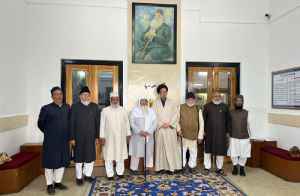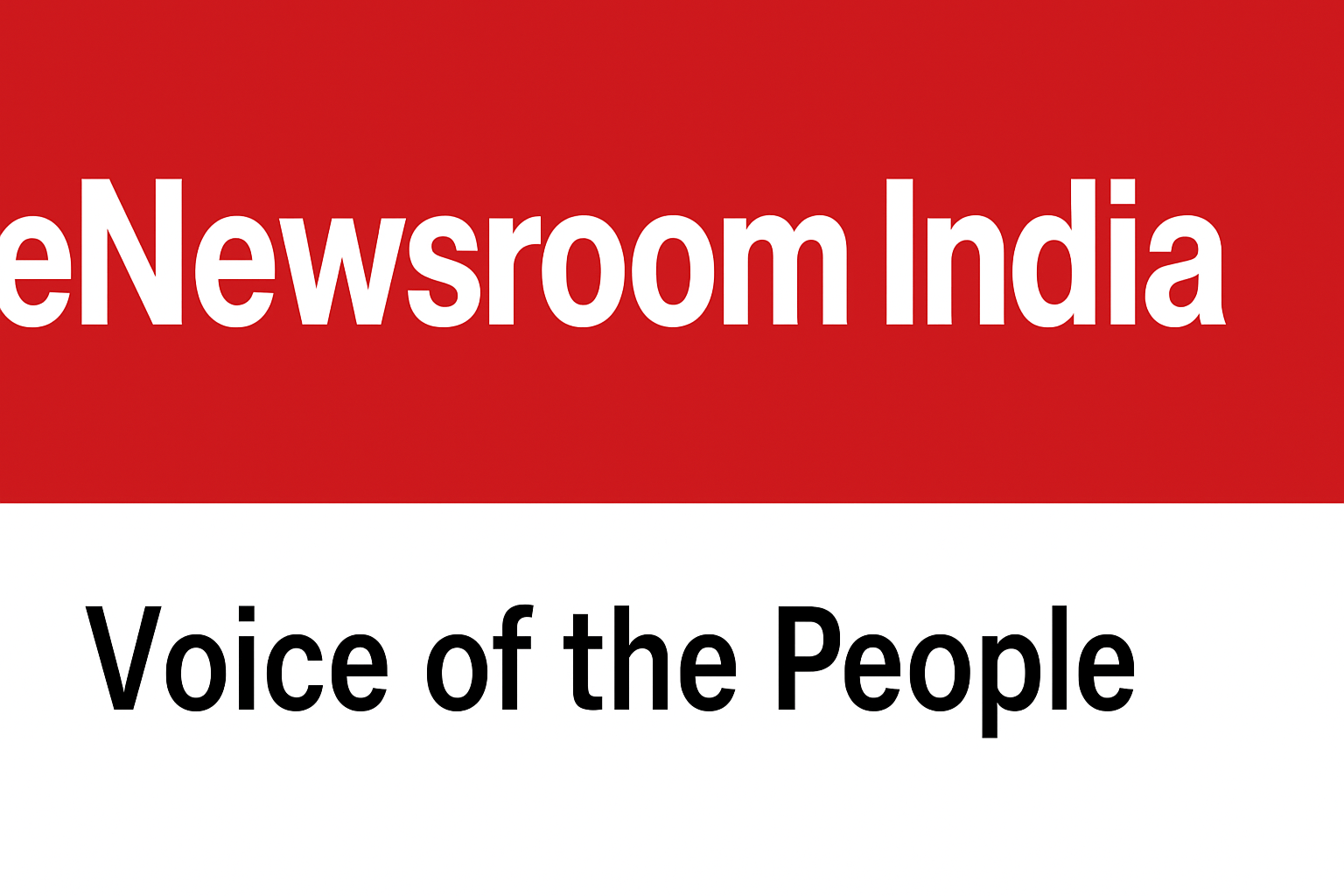Bhopal: Jamea Tul Hidaya, a madrasa (religious institution) takes the initiative of teaching Hindi language and other religions along with Islamic studies subjects.
Jamea Tul Hidaya,headquarters at Jaipur is already teaching English and also running an online English speaking course and is among the few madrasas in India, which continued teaching its students online during the ongoing Covid pandemic.
The decision got taken after a consultative meeting which was held at the KA Nizami Center for Qur’anic Studies in Aligarh Muslim University (AMU).
Professor Mohsin Usmani, former dean, Faculty of Languages, Eiffel University, Hyderabad, reasoned for it, that the prophets used to speak in the language of the nation and Hindi being one of the major languages is India, therefore, learning Hindi and getting acquainted with other religions are the social need and religious responsibility of every student of Islamic studies.
“The launch of this course will provide a scholarly basis for inter-faith and sectarian harmony. Such courses should be approved by Indian universities to be useful for the students of the course. The study of religions is part of the Muslim tradition and needs to be taken further,” said Prof Muhammad Saud Alam Qasmi, dean, Department of Theology, AMU.

Maulana Mohammad Fazlur Rahim Mujaddidi, Ameer-e-Jamea (superintendent)of Jamea Tul Hidaya,who conveyed the meeting informed, “We wants to prepare a two-year course for the students of religious schools for specialization in Hindi language and Indian religions. The knowledge and experience of the teachers of the Muslim University will be used to create its curriculum and system.”
Naseem Ahmad Khan, the director, Bridge Course, mentioned that the curriculum for religions and Hindi language should be included in the curriculum taught in the universities for the benefit of the madrasas so that the students would be better prepared for a competitive world.
Maulana Ashhad Jamal Nadwi,secretary, Institute of Islamic Research and Writing said that teaching of Hindi language and Indian religions is our religious and da’wah need. If the big madrasas take the initiative then other madrasas will also follow.
Dr Raza Abbas, a teacher at the Women’s College, highlighted that expert faculties should be appointed for this purpose.
Delivering the presidential address, Ali Muhammad Naqvi said that before starting this course in madrasas, attention should be paid to the purpose, procedure, syllabus and preparation of textbooks. This work is very important and the Faculty of Theology, Hindi Department, Inter-faith Center, Nizami Center and Bridge Course Center of Aligarh Muslim University will provide full support in this work.
An outline of the curriculum was also prepared in this meeting.
Jamea Tul Hidaya has been established by a well-known Islamic scholar Maulana Mohammed Abdur Rahim Mujaddidi.


